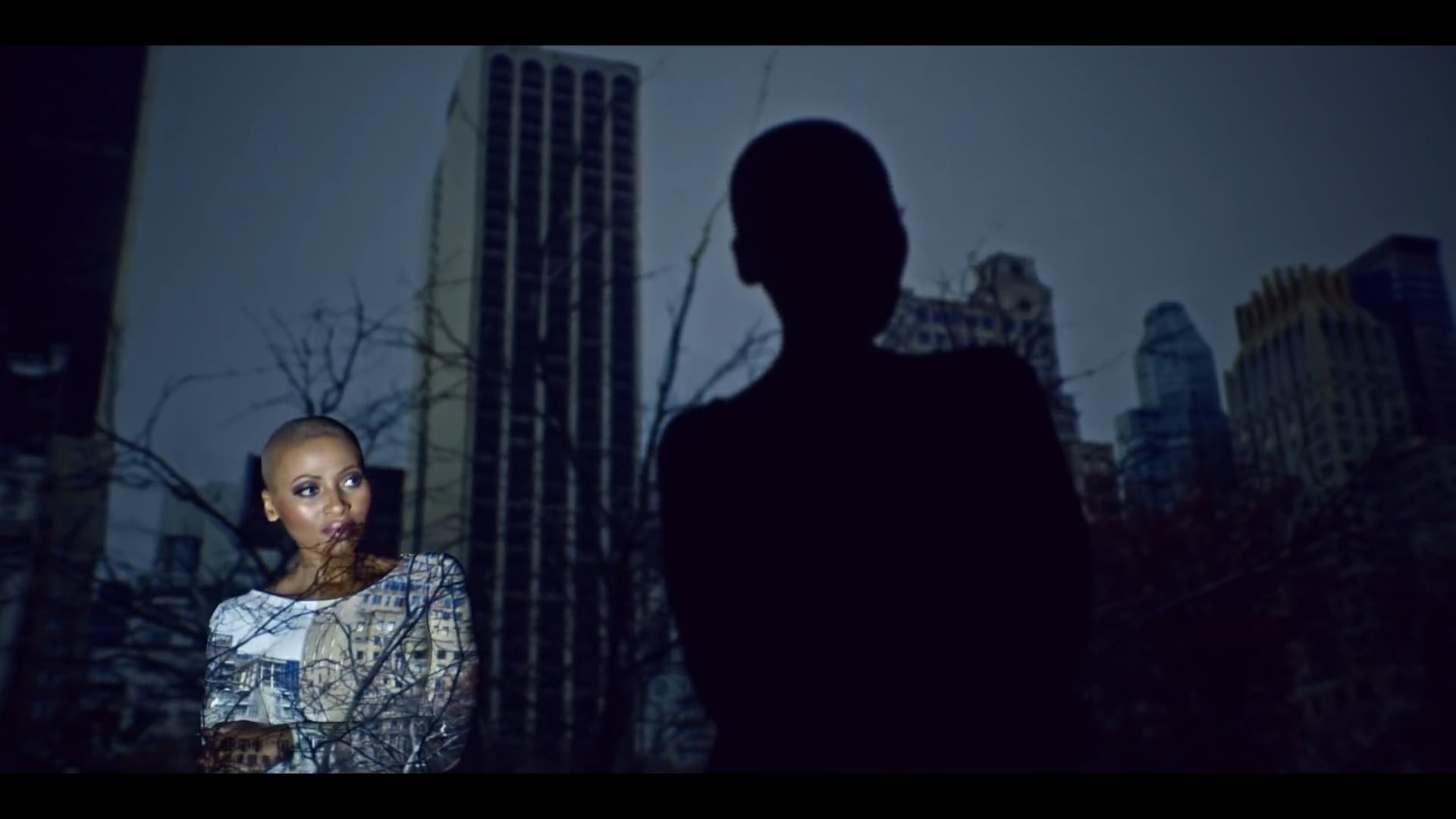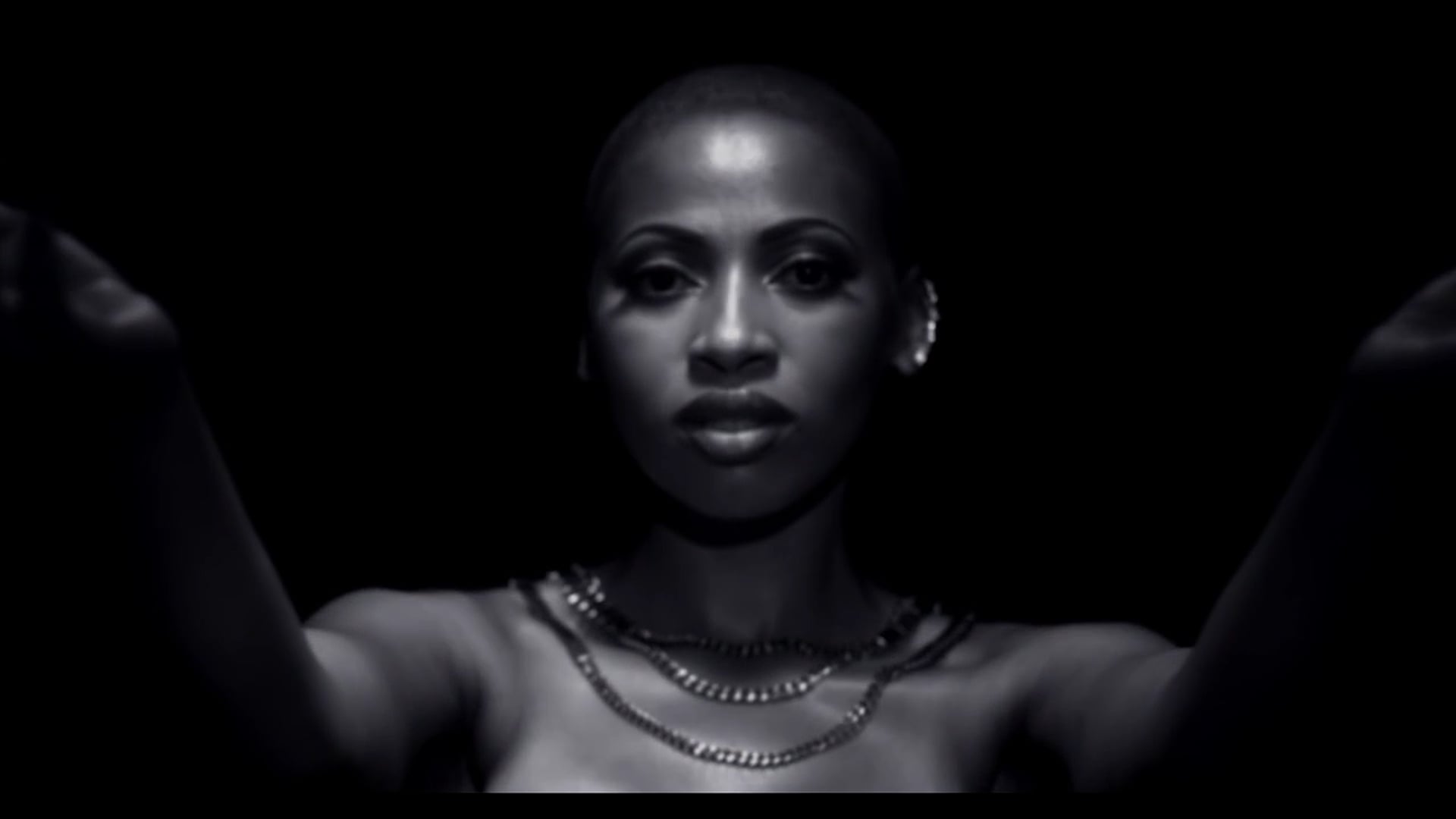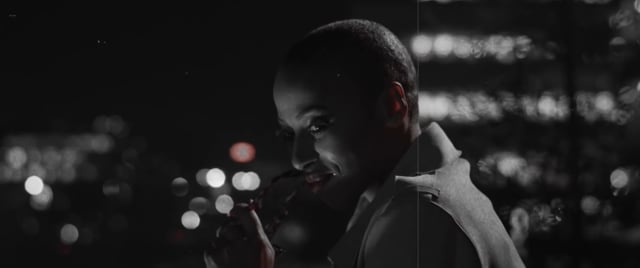South African R&B and Afro-soul singer Zonke has carved out a distinctive position in the musical landscape. She’s one of the country’s biggest stars but also the only female hitmaker in the game.
Unlike almost every other female singer on the vibrant SA music scene, Zonke not only plays to thousands and releases multi-platinum albums, she also writes and produces her own material.
Zonke Dikana has long been one of the most accomplished songwriters on the SA music scene. She has written and co-written hits for dance artist Winnie Khumalo, kwaito rapper Thebe, late R&B star TK and also worked with legends like Bongo Maffin and Oskido.
Zonke’s first break came in 2003 when Joburg engineer Leon Erasmus asked her to record demo vocals on a cultural-exchange project with German jazz-pop producer York. York liked what he heard, and within weeks Zonke was fronting a group called Culture Clan, fusing electronic grooves with raps and Zonke’s super-smooth hooks.
They travelled to Germany to record two albums, which led to a Zonke solo album – Soulitary. Zonke found herself based in Germany for several years, recording and touring her Afro-European, electro-pop sound. With three albums on major international labels under her belt, she returned to Mzansi.
After a while trying to find a local distributor for Soulitary, it became clear that its sound was “too international” and she would have to start from scratch making a name for herself.
But, ever humble, Zonke shrugged and got to work. She sang for Bongo Maffin, provided the hook on Thebe classic Groover’s Prayer, and wrote for Mafikizolo and TK. She soon came to the attention of kwaito/house godfather Oskido, who signed her to his Kalawa Jazzmee label.
The resulting album, Life, Love ‘n’ Music, was a strong musical statement, underpinned by the trademark Kalawa house beats, earning her four Sama nominations in 2008 and producing the hit Ekhaya. But Zonke had an idea for a purer R&B, Afro-soul style. She wanted to produce her own records, and to do that, she needed to move away from Kalawa’s dance sound.








